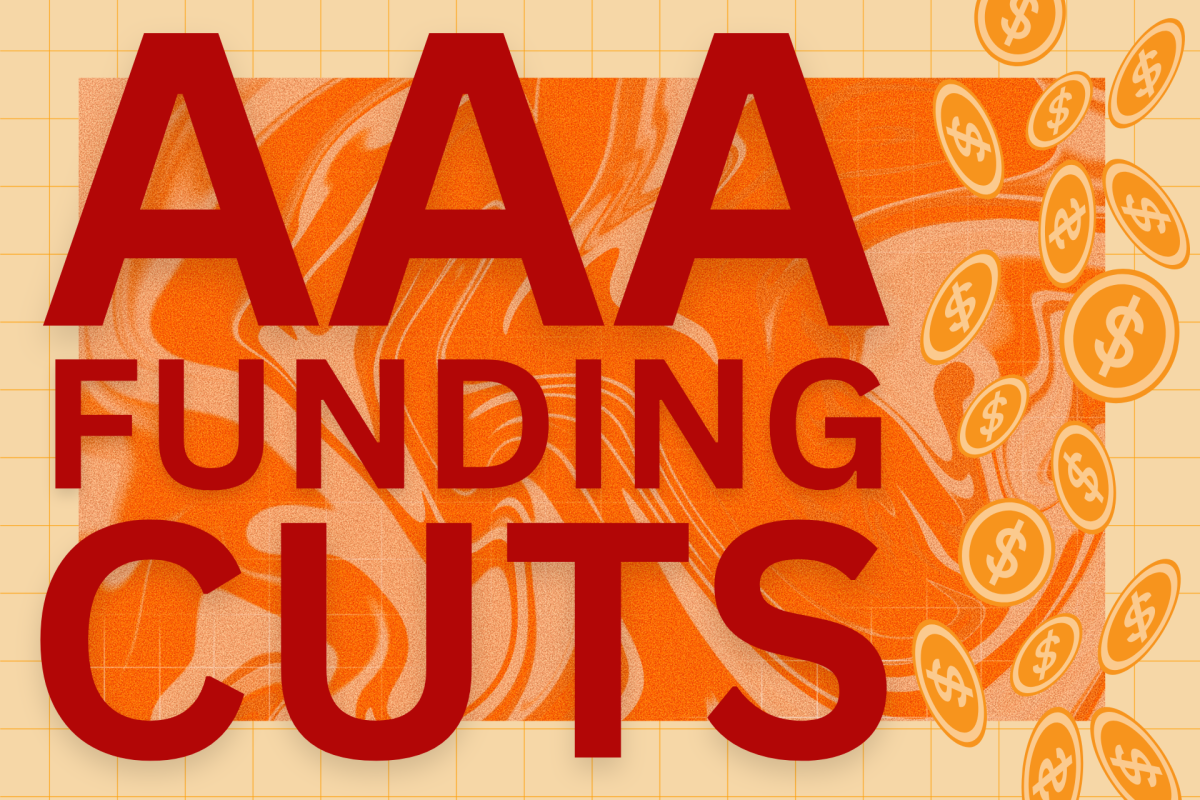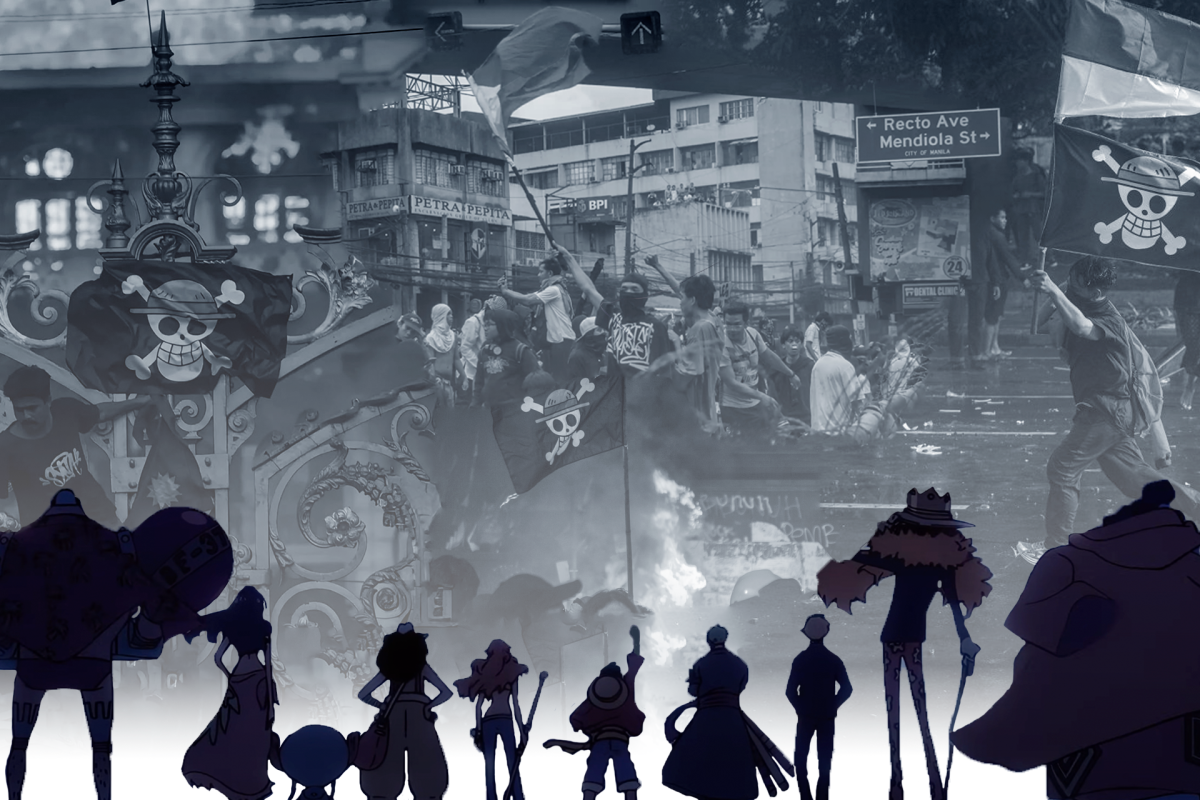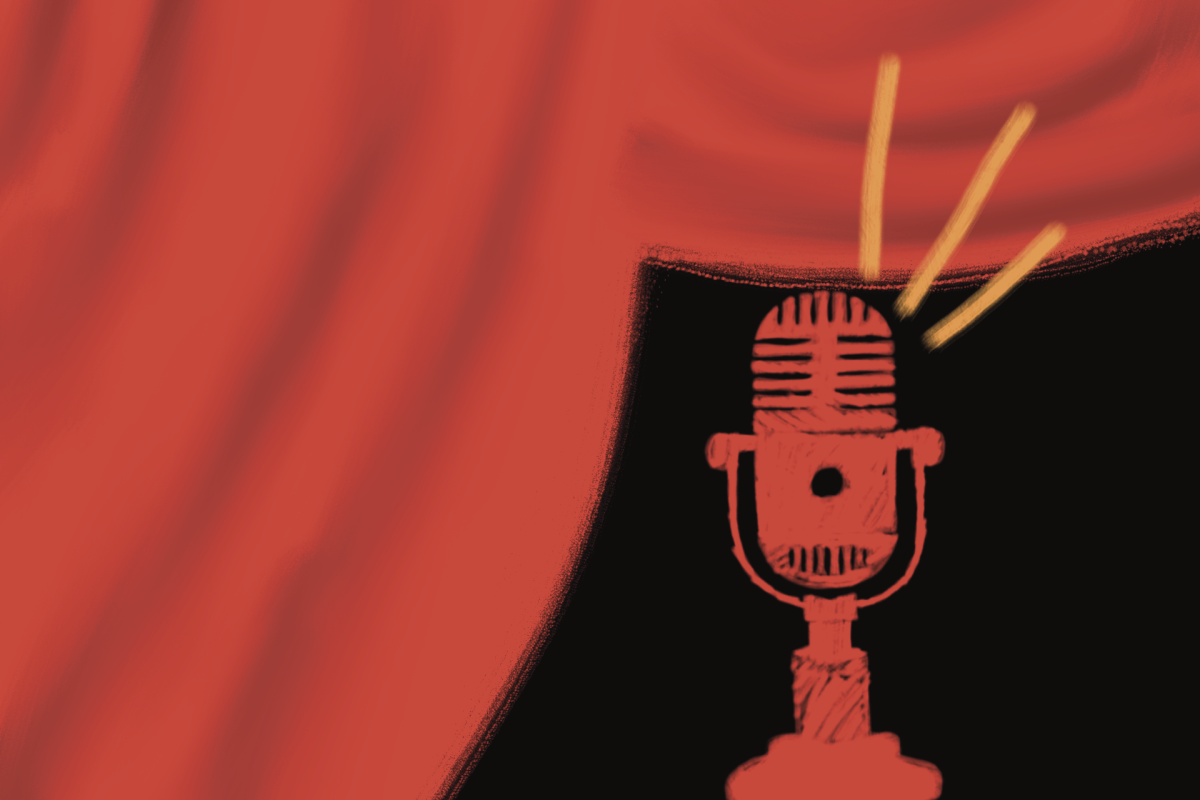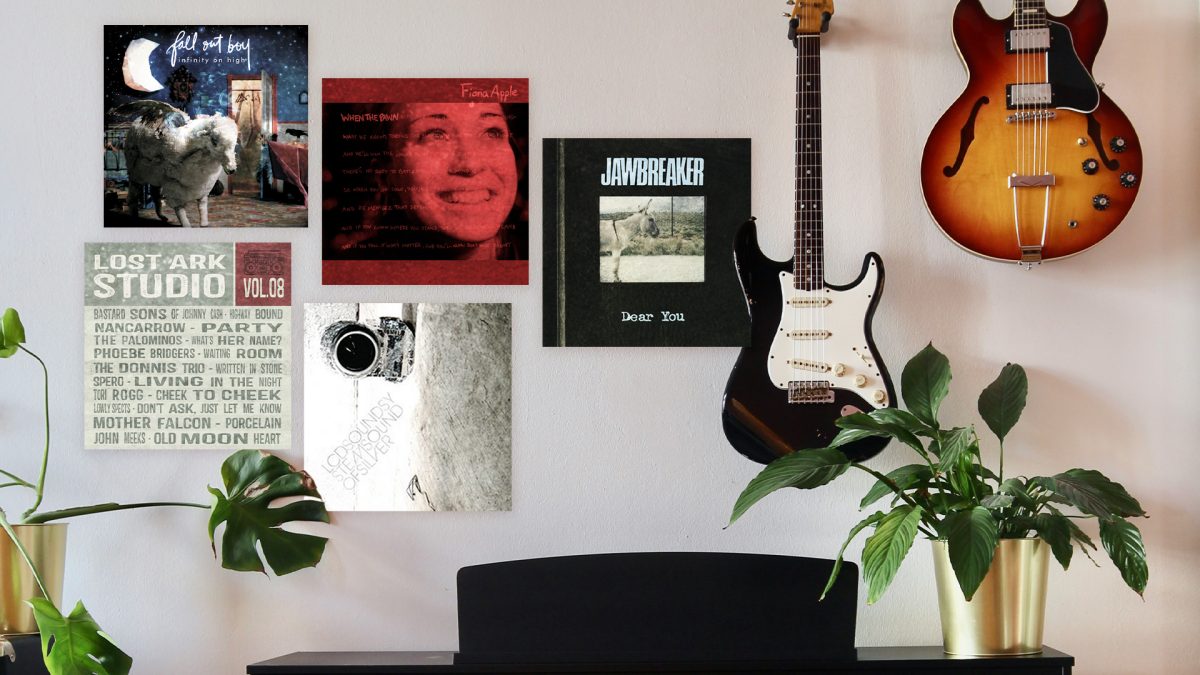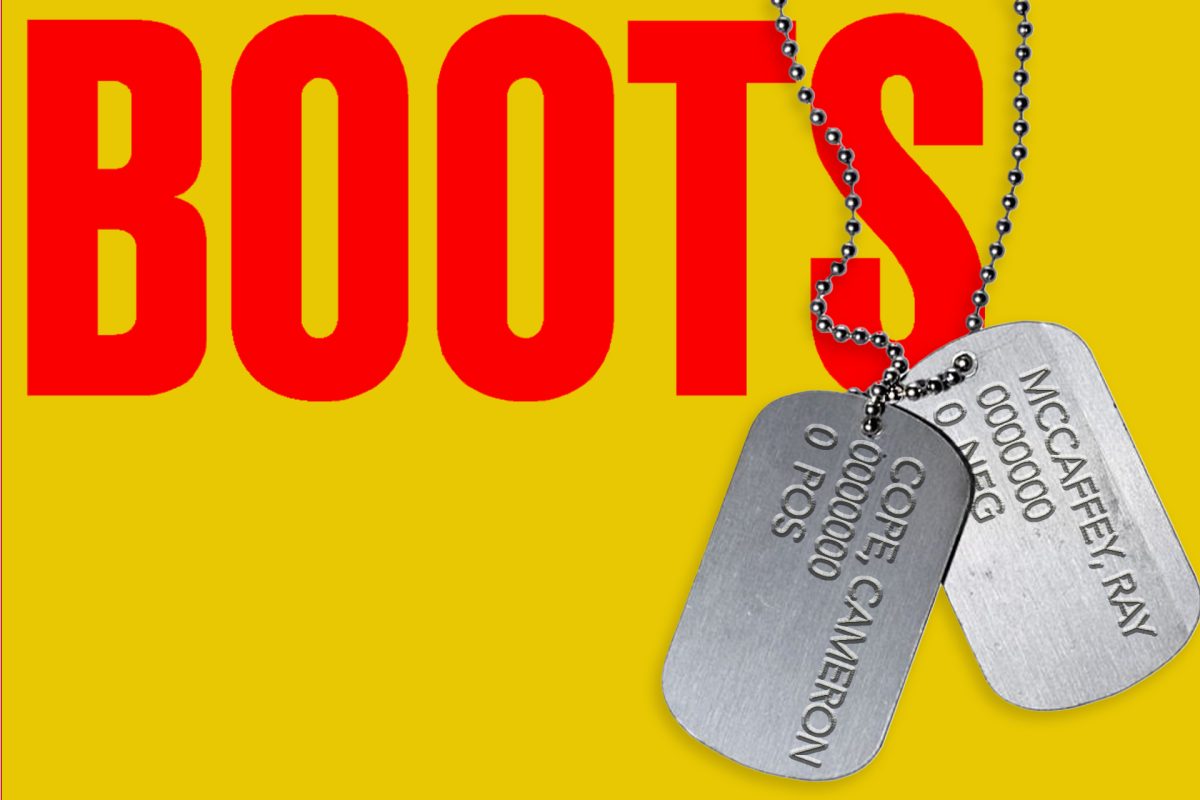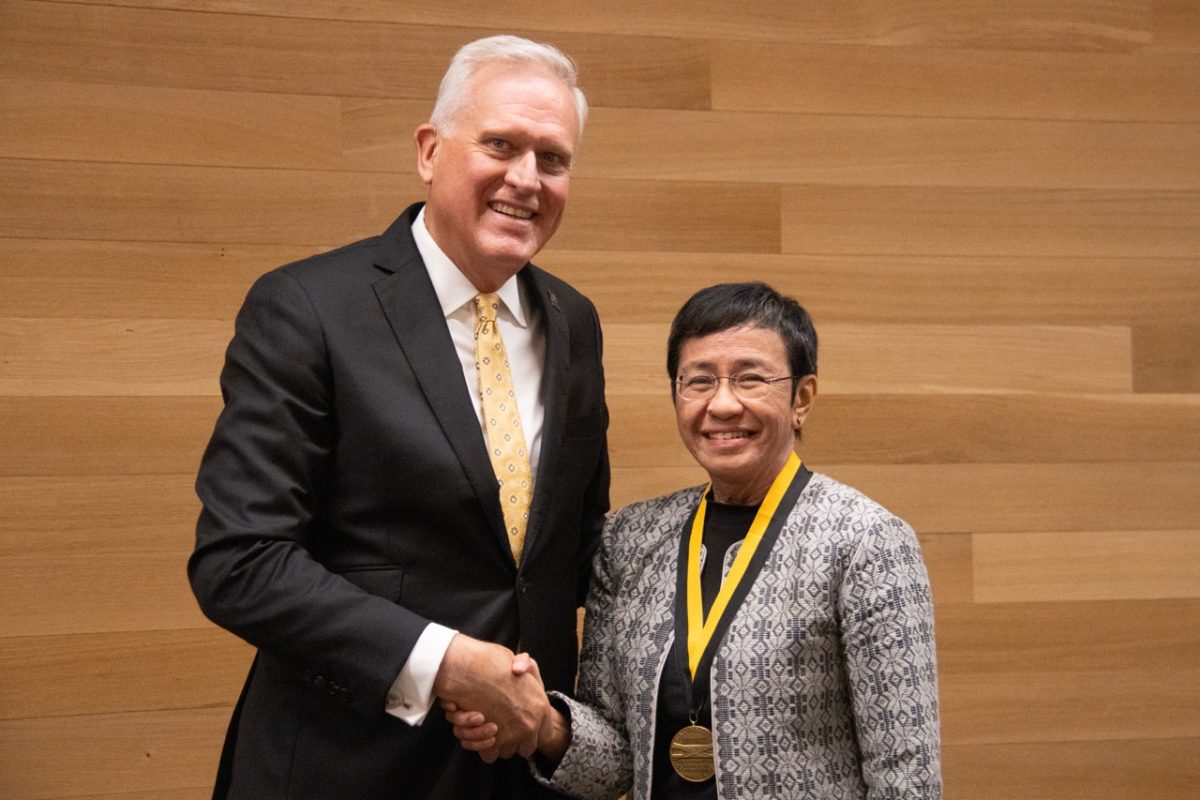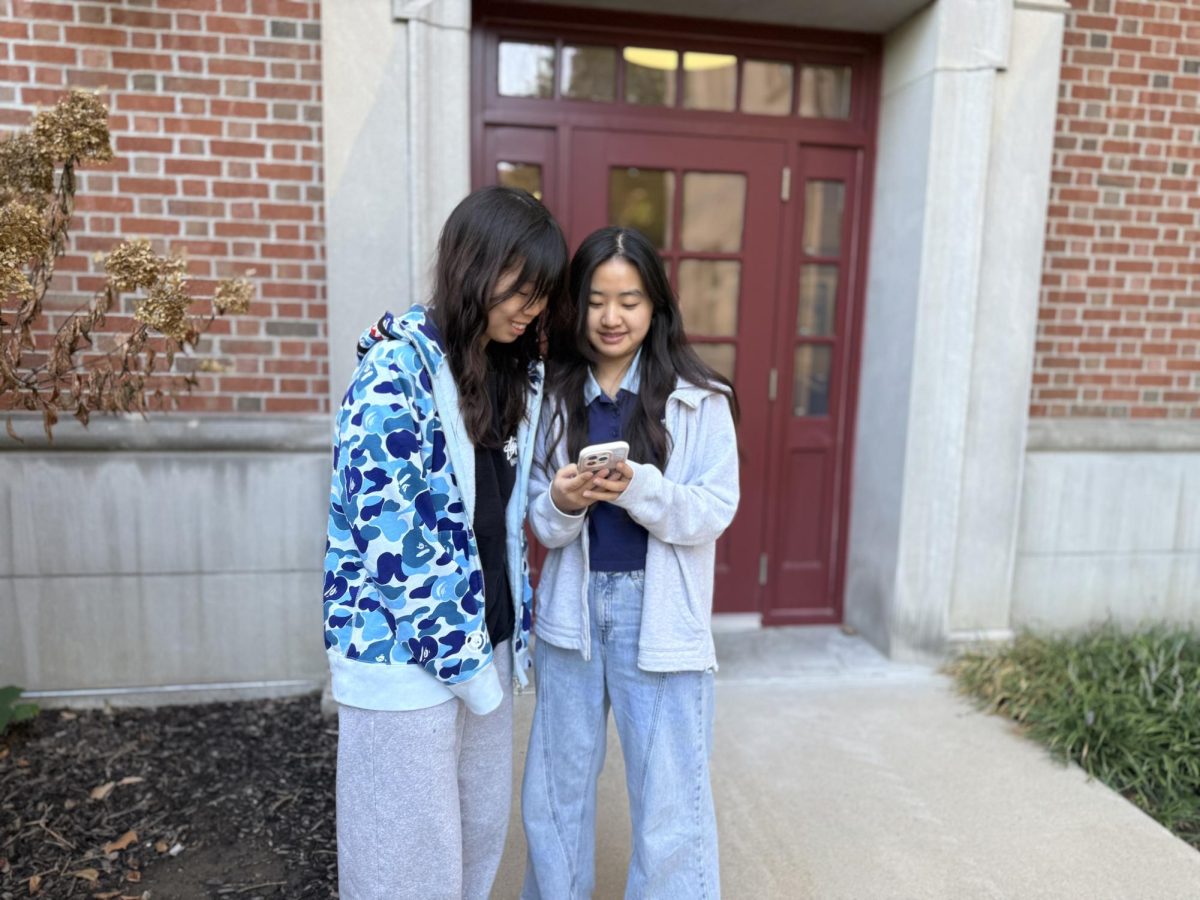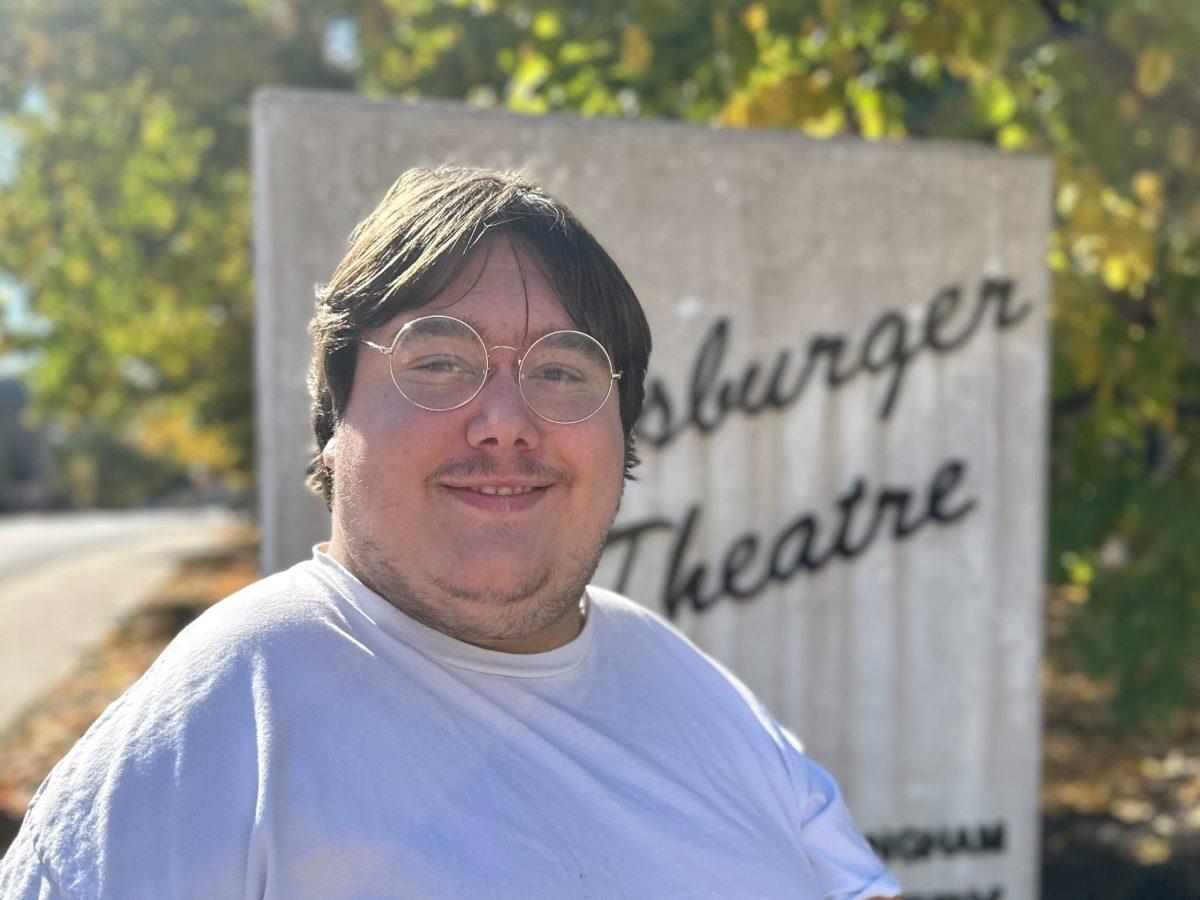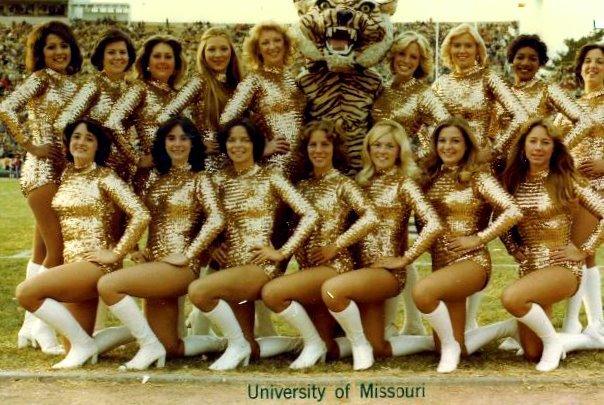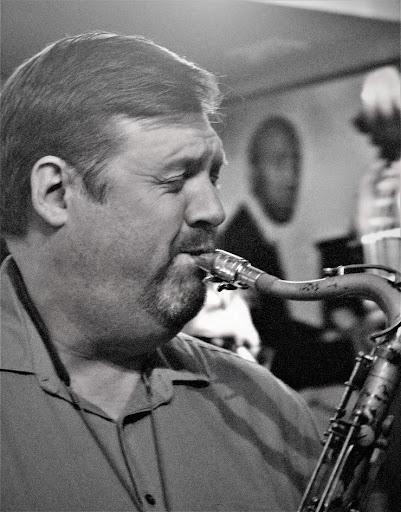
Joel Frahm is a celebrated saxophonist who has played with such greats as Bill Charlap, Matt Wilson and Kenny Barron. On Jan. 28 Frahm played alongside Elio Villafranca, Freddie Hendrix, Edward Perez, Eric Harland and Mauricio Herrera at the Missouri Theatre during a show in tribute to the music of Chick Corea. A review of that show can be found here. Following the performance, Frahm agreed to an interview.
This interview transcript has been condensed to improve readability.
Q: So first off, thoughts on the show? Give your two cents on how you played and how everyone else played.
Frahm: Well, this is my second concert with these particular musicians. So, I know all of them separately, but I’ve never played in this particular ensemble, until yesterday. So, it’s a brand new thing for me, and that brings its own challenges. I mean, getting the music right before the trip and then having to kind of learn on the fly [is challenging]. But when you have musicians that are this experienced and this sensitive and empathetic, it really makes a big difference in how we play. So, for me, it’s really just a pleasure to reacquaint myself with a lot of these people that are in the band. I thought tonight went really well. I think the musical conversation was good. I think the dynamic of everything was good. The spirit was strong.
Q: You do a lot of teaching [at colleges]. You do guest lectures in a lot of places and this is a college town. What’s one thing that you find yourself repeating to students all the time?
Frahm: I find myself sort of preaching or being a cheerleader for the history of the music. So, in addition to obviously being an improviser and trying to be a cogent and relevant modern improviser, I’m also really cognizant of the past. So I really want young students to be aware of where the music originated. One thing that I’m always saying is if you want to learn how to play jazz — which is really its own language — you have to immerse yourself in it. It’s like if you wanted to learn Italian, you should go to Italy. If you wanted to learn Spanish, go to Spain. The real way to learn this music is to immerse yourself in the past and to listen to records and study them and hopefully, it will light a fire under you. The thing is, not everyone was meant to play this, but if it speaks to you [you should play]. If it’s drudgery for you, you shouldn’t do it. And if you fall in love with it, then just let it take flame and go as far as you want.
Q: One of the main things with learning older music history is transcribing, and you’re kind of known as the king of quotes, right? You did that a few times, tonight. Where do you think that comes from? Do you have to do that intentionally or does it just kind of happen?
Frahm: Now it just sort of happens. I think it started as a little bit of a joke. I think when I first started doing it, it was more flippant … it was more superficial in a certain way and just goofy when I was younger, but then it started to get to the point where it became more stream-of-consciousness. And what will happen now is I won’t on purpose say, “Here it comes. Here’s the quote.” It’s more like it’ll occur to me. All of a sudden, I’ll be in a spot in the solo and all it’ll dawn on me. I’ll be like, “Oh, this is going to fit great,” but it’s within the flow of what’s going on.
Q: What’s one piece of advice that somebody has given you about music that you thought was really, really good? And what’s one piece of advice that somebody gave you about music that was really, really bad?
Frahm: Well, one piece of advice I remember was when I was about 19 years old, and it was the first year I was in New York City. I sat down with a band at this club called Augie’s — which is no longer there — but I was sitting in with a drummer who was about 30 years older than me. We played “Impressions” or something like that, and I played a solo and I probably played about six or seven choruses on this solo. And after the set was done, I went up to [the] drummer. His name is Jimmy Madison. I’m not even sure where he is anymore, but he was at the bar smoking a cigarette and drinking scotch and I said, “Mr. Madison, it was a pleasure to play with you.” And he said, “Yeah, I can’t say the same.” And I said, “Why, what’s wrong?” And he said, “Your solo was over after the third chorus. And you played four or five more choruses. Don’t ever do that again.”
Initially, I was taken aback and my feelings were hurt. [But then] it occurred to me, “Oh, he’s right.” That was a great, great lesson, and I never did it again. And as far as bad advice I had a teacher long ago — who I won’t name — who had me chasing after such a perfectionist technique over a period of years, and got me feeling emotionally that it was his way or the highway. So much so that if my sound wasn’t at a certain level, if my reed wasn’t right, if my technique wasn’t right, I felt like I was terrible. And it took me a long time to deprogram myself to realize that jazz is not about perfection.
Q: In 2022, you moved to Nashville. How is the jazz scene there compared to New York? How are you fitting in there?
Frahm: Yeah, certainly it’s nothing like New York. I mean, the strength of New York is that you have so many musicians there. And obviously, the best young musicians and many of the legends spent a lot of time there. I feel like it was more special in New York City, as far as jazz, when I first got there. I got there in 1989, and I was there for 31 years. And as time went on, especially after Sept. 11, there were still clubs, but it was sort of atrophying. I feel like it was a little bit of a war of attrition and then clubs started dying out and now New York City, when I visit, it feels different. It doesn’t feel the same to me. So, I’m not so upset to not be there. The thing about Nashville is that even though it’s known as more of a country music town, which it is, there’s actually a really, really good community of jazz musicians. They have the Nashville Jazz Workshop, which is great, and there’s a community of musicians there that are very, very strong, so I’m actually pretty happy being there.
Q: You’re from Wisconsin, and then you moved to Connecticut after that. Wisconsin in my mind doesn’t scream jazz, so how did you get introduced?
Frahm: Well, it wasn’t in Wisconsin. I started playing saxophone in Wisconsin, but that was just for grade school. I had a friend who played saxophone [and] it was really more social for me than anything else. I mean, I was a talented kid. I played piano and I had an ear, but I didn’t really know anything about it. And then when my family moved from Wisconsin to Connecticut in the middle of my freshman year of high school, I ended up at a high school that had this incredible jazz program and Brad Mehldau was there. Hall High School, even before I got there, [had] tremendous young student musicians. And it was just a very intense musical program in a lot of ways — for better and for worse — but the big thing that came out of it was that I really learned discipline. I learned how to practice at an early age, and I also was introduced to the kind of the classic recordings from older students in the band. So, that was a big deal to be sort of immersed in that vocabulary at that age.
Awesome. Thanks so much.
Frahm: Sure. My pleasure.
Edited by Egan Ward and Lauren Courtney | [email protected] and [email protected]
Copy edited by Matt Guzman


